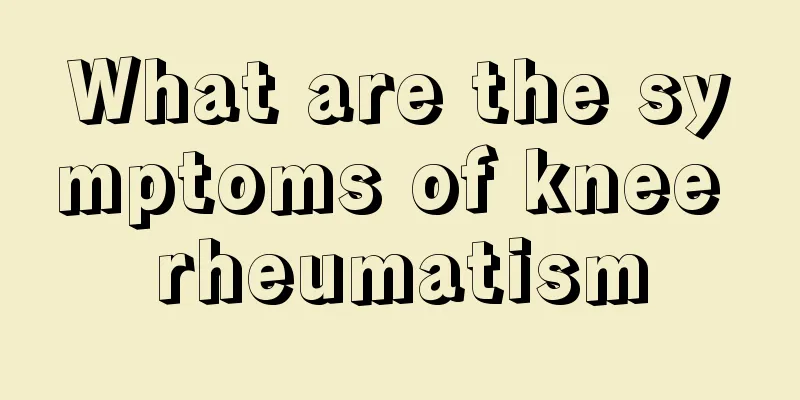What is the cause of toothache

|
Teeth are a very important part of people's oral cavity and play a very important role. Therefore, if there are symptoms of toothache, it will also affect people's lives, such as affecting people's dining. Many people have experienced toothache, which is related to many reasons. In addition to improper oral care, some dental diseases can also cause tooth pain. You must not blindly judge the disease that causes toothache, but prescribe the right medicine. Toothache is a very troublesome problem for many people, so pain relief must be done well, especially oral care is very important, and attention should also be paid to cleanliness and hygiene. So what exactly causes toothache? 1. Acute pulpitis It is more common in patients with deeper caries. The bacteria enter the pulp cavity from the caries hole, causing congestion and inflammation of the dental nerve. Toothache is often spontaneous, the pain worsens at night, and is more severe after hot or cold stimulation. The pain may also radiate to the face, temples, and ears. When suffering from suppurative pulpitis, the patient's pain is aggravated by heat stimulation, while the pain is reduced or disappears by cold stimulation. 2. Acute periapical inflammation Caused by factors such as the development of acute pulpitis or trauma. The diseased tooth presents persistent pain, a floating sensation, and a fear of chewing. The patient can point out the diseased tooth correctly, but tapping the tooth will cause pain. At this time, there is no stimulating pain because the nerve of the diseased tooth has been necrotic. 3. Acute periodontitis The nature of the toothache is similar to that of acute periapical periodontitis. The diseased teeth not only cause chewing pain and a floating sensation, but also have formed periodontal pockets and loose teeth. The gum tissue may become swollen, painful, and bleed repeatedly. 4. Periodontal abscess Further development of periodontal tissue inflammation can cause suppurative inflammation. When an abscess is formed, the pain is severe, and a feeling of fluctuation will appear locally after the abscess is formed. After a periodontal abscess forms, the pain can be significantly reduced or relieved. 5. Tooth hypersensitivity It is often caused by gingival recession, exposed dentin at the neck of the tooth and tooth defects. At this time, cold, hot, sweet, sour and other stimuli may cause pain, but the pain will disappear after the stimulation stops. 6. Food impaction pain Food can get stuck in the spaces between teeth and cause toothache, which is called food impaction pain. 7. Dry socket It usually occurs 2 to 4 days after tooth extraction and can cause spontaneous, persistent, severe pain. During the examination, it was found that the blood clots in the tooth extraction wound had a foul smell. |
<<: Can a benign lung tumor be cured?
>>: How can flat warts be eradicated?
Recommend
Things to note about liver cancer diet
Liver cancer patients need to pay attention to di...
Is the ground-glass nodule in the right lung lung cancer?
There are nodules on the ground glass of the righ...
What is the best way to check for kidney cysts?
Kidney health has always been a goal that we need...
What are some good ways to correct amblyopia?
Amblyopia is a common disease among children. We ...
Sinus tachycardia can be cured
Sinus tachycardia is believed to be a health prob...
Is it good to use tampons
It doesn’t matter whether tampons are easy to use...
The efficacy of rat bag grass
I don’t know if you have heard of rat bag grass i...
Can bananas help sober you up
Bananas are often used to help sober up. After dr...
How long does it take for colonoscopy results to come out
Colorectal cancer is a common malignant tumor, in...
Can foot bathing help slim down your legs?
In daily life, it is not difficult to find that b...
How to treat cardiac bleeding
Cardiac inflammation is a chronic disease. Its sy...
What to do if your neck is twisted
The neck is tightly articulated and highly mobile...
What should glioma patients pay attention to in their diet
No matter what disease, diet often plays a very i...
What should I do if I get itchy bumps like mosquito bites on my body
In daily life, I believe many of my friends have ...
How to store pickled cabbage without it rotting
In order to eat vegetables in winter, people in t...









